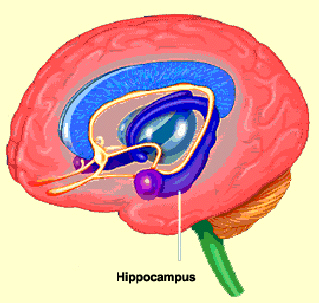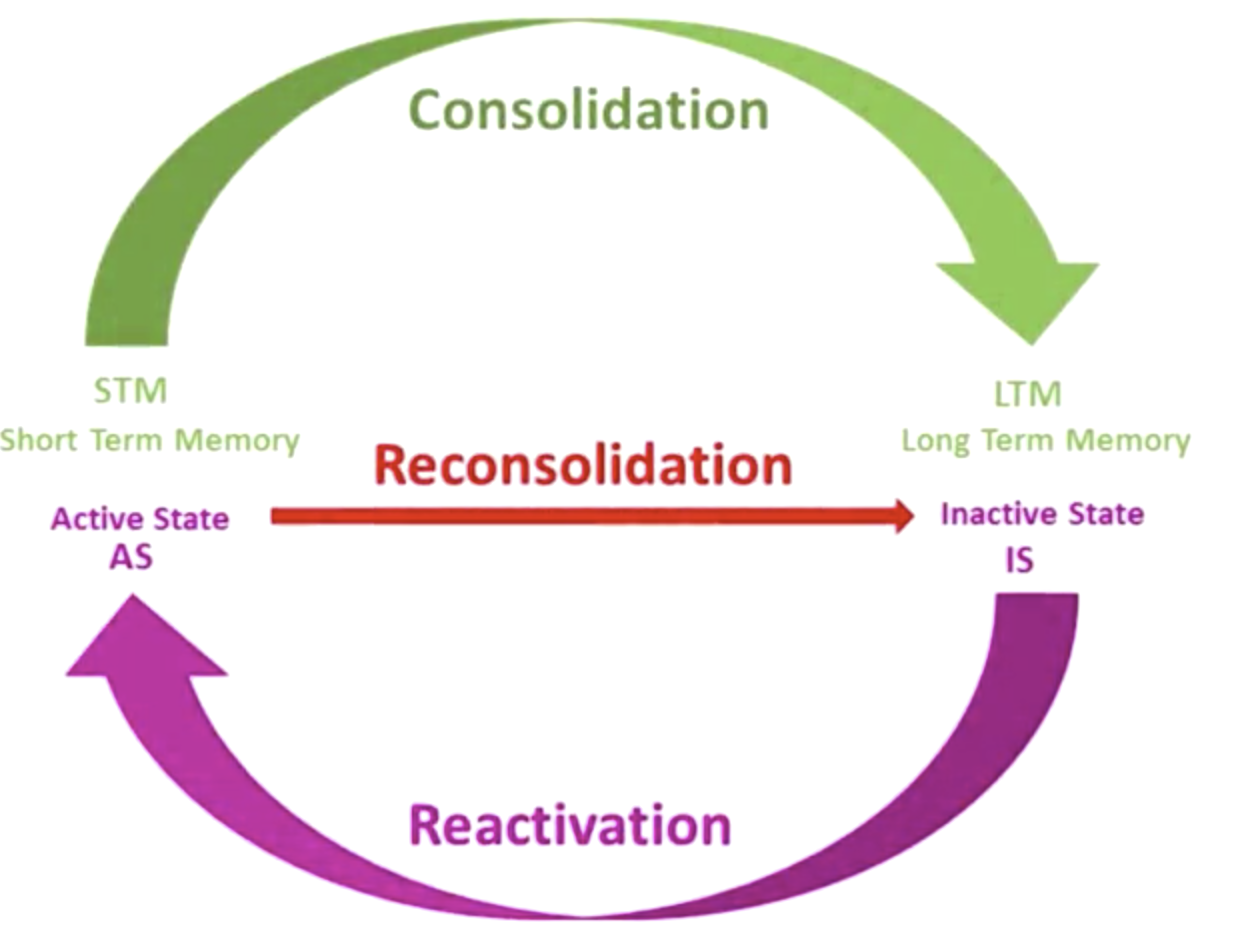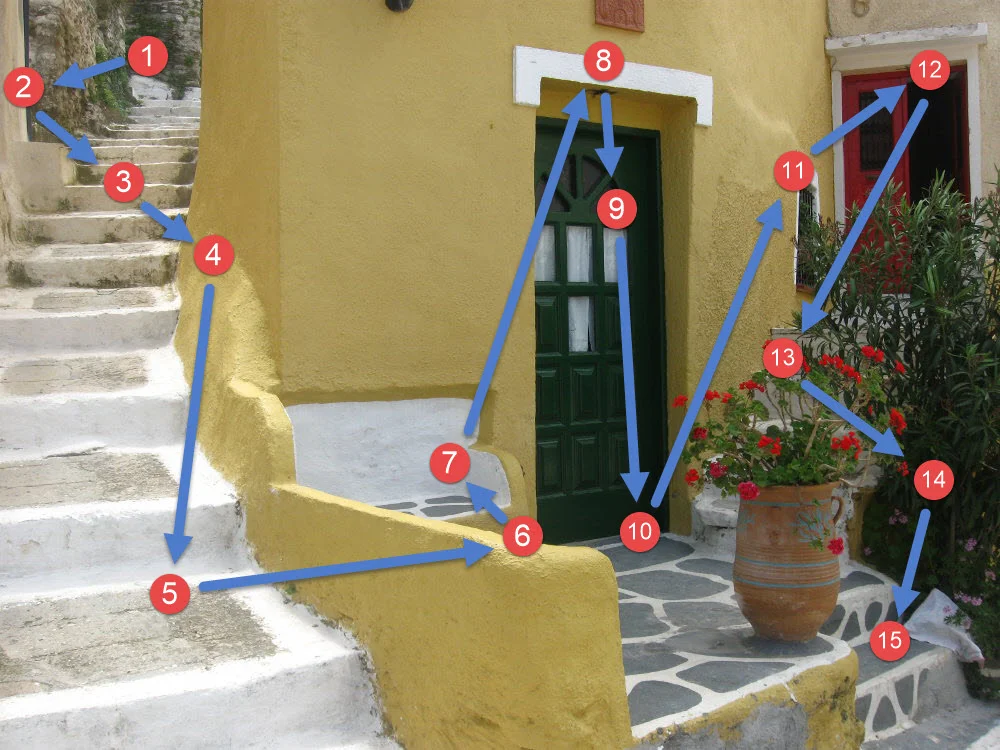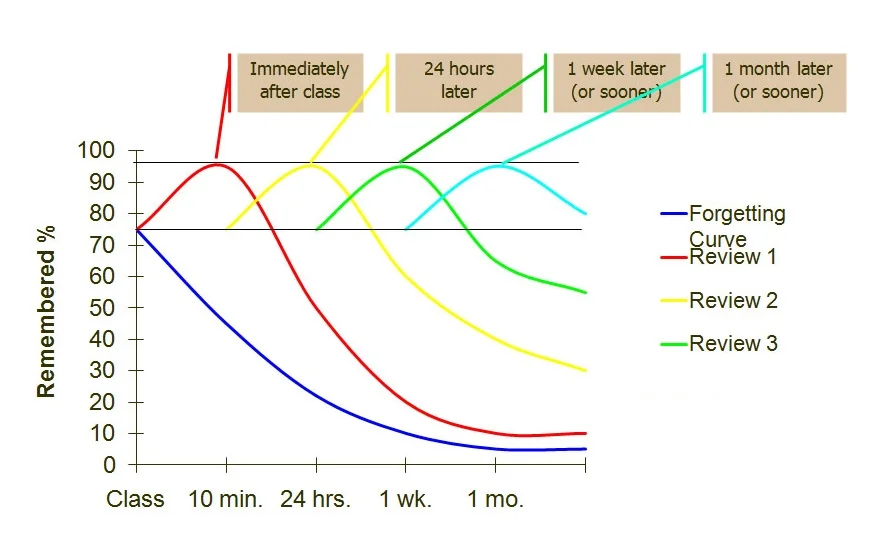Learning to Learn
Contents
The Cheat
Learning and the Brain (Under Construction)
Learning and Habits (Under Construction)
Learning and Procrastination (Under Construction)
Learning and Memory (Under Construction)
Learning and Exercise (Under Construction)
Learning and Visualization (Under Construction)
Learning and Geniuses (Under Construction)
Learning and Myths (Under Construction)
Learning and Testing (Under Construction)
Other Practical Techniques
Resources
The Cheat
There’s a cheat to learn to learn and I’m telling it to you right away because it will make everything else that much easier:
Always Be Curious
ABC.
The curious mind will do almost all of what’s coming instinctively, and there’s nothing more powerful than doing the right things to learn than to do them without even giving it much thought.
It’s no secret, then, that most of the world’s top performers are deeply curious people.
What do Marcus Aurelius, Thomas Edison, Nikola Tesla, Benjamin Franklin, Henry Ford, Warren Buffett, Arnold Schwarzenegger, Michael Jordan, Bill Gates, Oprah, Jeff Bezos, Elon Musk, and many more have in common?
Right, their curiosity.
Refer to: 10 Steps to Increase your Curiosity and Win in Life
With that in mind, we’re ready to tackle the core of how we learn.
Learning and the Brain
(Under Construction)
Learning and Habits
(Under Construction)
Learning and Procrastination
(Under Construction)
Learning and Memory
Memory, as you might imagine, plays a very important role in learning. There are many important aspects to memory when it comes to learning. Below is detailed information, with sources, about each of these aspects:
1. Creating Long Term Memories
It is common knowledge that we have two memory “system”: the short term memory (or working memory) and the long term memory. Without going too scientific on you, the short term memories happen mostly in the pre-frontal lobe:
And long-term memories are stored in the hippocampus:
* In the section on Learning and Geniuses, we’ll talk more about the short term memory and why certain people just seems to be smarter.
“Memories” always start as a short term memory, and in order to consider something acquired, it has to go from short term to long term memory.
But how do we make that happen? It turns out there are many ways, but here’s an image that sums it up:
To oversimplify things: short term memories become long term memories by recollection. The more you expose your brain to a piece of information, the more complete the information will start to form in the hippocampus, where long term memories are stored.
Once information is stored in your long term memory, it can still change, but not as easily. More on that in 7. Neuroplasticity.
Knowing that, it’s never a bad idea to “reactivate” a memory “frequently”. You’ve probably seen that in action when doing a skill you haven’t done for a while, like riding a bicycle, or playing a sport or an instrument.
You still remember the techniques, but you’re a little “rusty”. After a few minutes, it’s as if you never stopped doing it.
That’s what reactivation is all about.
What happens then in your brain is that it resends the "newly found" information and sends it back to the long term memory to reinforce the knowledge. If you ride your bicycle the next day, you won’t be “rusty” again.
The following sub-sections will go more in-depth on exactly how you can create long term memories.
2. Remembering Techniques
Imaging
Funny and evocative
<insert content here>
Using your Senses
Say it out loud
Use as many of your senses as possible
<insert content here>
Flash Cards
<insert content here>
Handwriting
<insert content here>
Acronyms
<insert content here>
Numbers and events
<insert content here>
Memory Palace
<insert content here>
3. Note Taking
Having trouble with the remembering techniques above?
So do I!
It takes a lot of practice, but once you’re good at them, you can greatly increase your memorization of things.
A much easier technique that everyone knows about but not enough people apply it is note taking when reading or watching videos. And by note taking, I don’t mean highlighting.
In fact, according to Dr. Barbara Oakley, highlighting can be detrimental to your learning.
Have you noticed how when you take note of things to reference later, you tend to actually remember it without ever needing to reference it?
Without going too deep into the scientific details of why that is, you are making a conscious effort to recall it by writing it down. As mentioned above, it uses a few of your senses to create the memory.
Want to greatly improve your memory in a short period of time?
Take notes when you read and watch videos! Improve your recollection by handwriting your notes.
4. Recollection
This is the most important aspect of creating long term memories and something almost everyone does wrong. I highly recommend reading this book: How We Learn: The Surprising Truth About When, Where, and Why It Happens
A lot of what I know today comes from reading that book.
When and where should you revisit material you’re trying to remember?
That is what recollection is about.
The Where
It turns out that most of us don’t do it the right way. Most people “study” material from the same exact environment; in the living room or in the study for example. The problem is that the brain stores the setting of the learning as a reference point to recall a memory.
Have you noticed how, as a student, you had a hard time recalling information during an exam?
One of the problems was likely that you only studied in one environment. Successful students often diversify their environments of study: in their bedroom, their living room, at a café with other students, in the classroom, at the library, with music, without music, in a cold room, in a hot room, etc.
The more you vary your environment when trying to learn a new concept, the more deeper connections you’ll make in your brain, creating stronger long term memories.
If you practice rock-climbing / bouldering at the same gym, at the same time with the same people, do you think you’ll learn better than someone who varies the gym they go to, the people they go with, the indoor/outdoor settings, etc?
No, right?
The best athletes train for different scenarios. Same with the military. So whatever it is you are trying to learn, make it your mission to vary your study environment!
The When
At least as important as the where, is the when.
Do you ever revisit the same material over the course of a few days, hoping that it will “stick”, just to realize it just doesn’t get to your head?
Right. Your brain doesn’t work that way.
Have you also noticed how when you study just before an exam, your recollection is pretty good, but a few days later, you basically forgot everything you “learned”?
Right. Your brain doesn’t work that way.
In both scenarios, you’ve learned nothing, or close to it.
So when should we practice recollection then?
Spaced Repetition is what you’re looking for. Here’s an image that summarizes it really well:
If you have used language learning apps like Duolingo or Memrise, you may have noticed how they’re doing that for you behind the scenes. It’s no surprise then that these two apps have shown some of the best ever results for learning a new language.
If you’re learning a new guitar chord today, recall it 24 hours later, then 7 days later, then a month later, then a year later. You’ll “forever” remember it.
It works the same for every skill you want to learn. Never “fire and forget”. Put it in your calendar.
If you fill out your SkillUp your Life form every day, you will know when you last practiced a technique. Refer to it and re-practice it using the “schedule” above.
5. Forgetting
Forgetting, it turns out, is one of the most important aspect to learning.
<Insert more here>
6. Sleep
<insert more here>
7. Neuroplasticity
<insert more here>
8. Cells
<insert more here>
Learning and Exercise
(Under Construction)
Learning and Visualization
(Under Construction)
Learning and Geniuses
(Under Construction)
Learning and Myths
(Under Construction)
Learning and Testing
(Under Construction)





